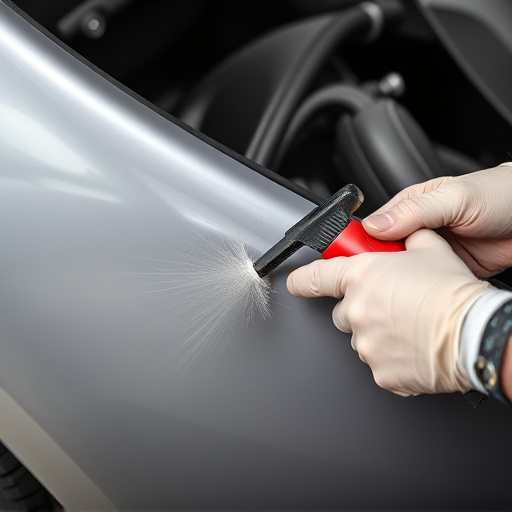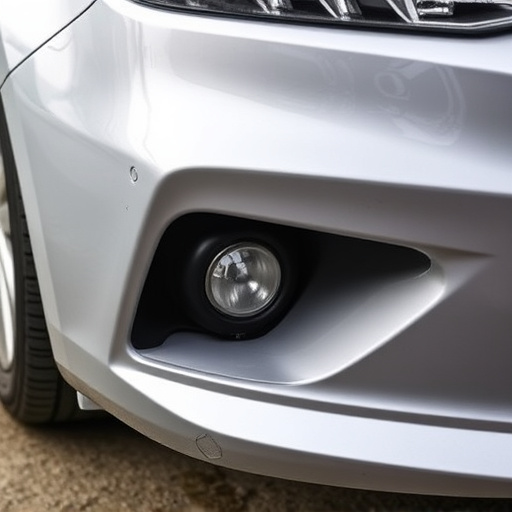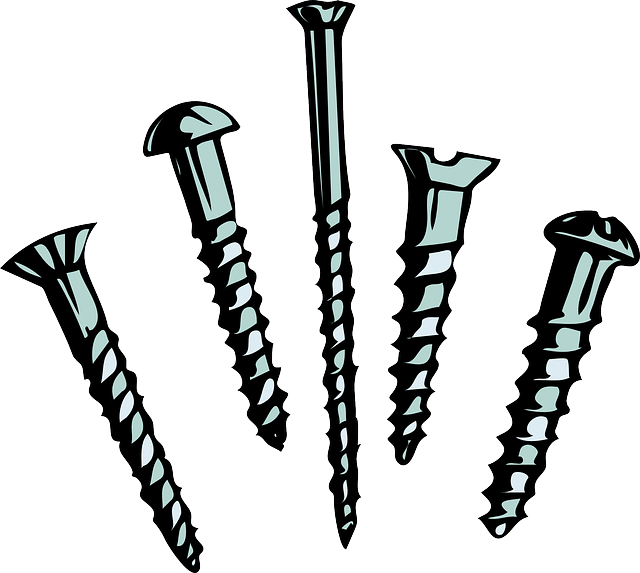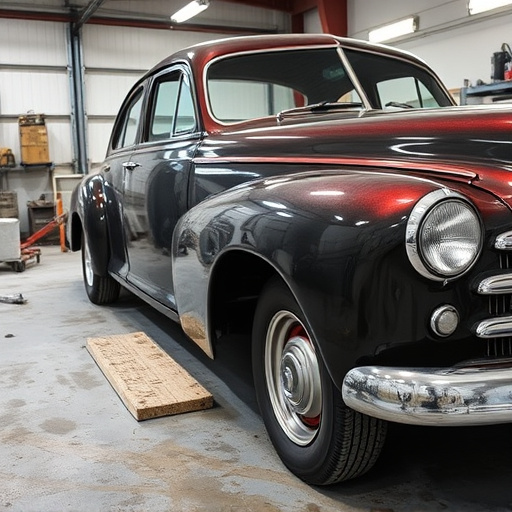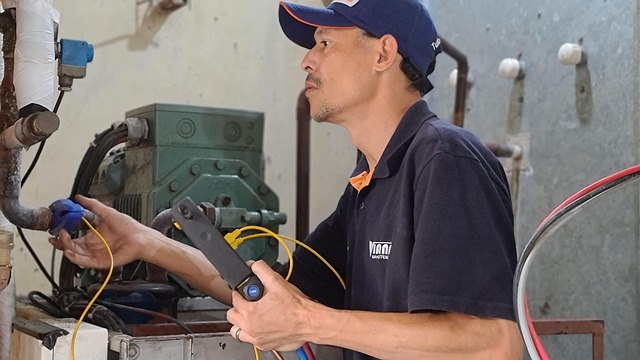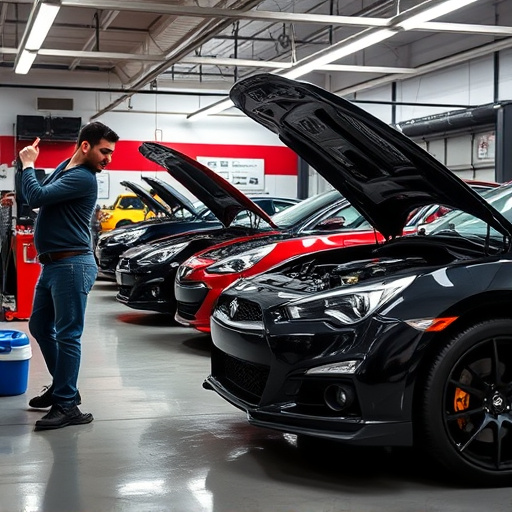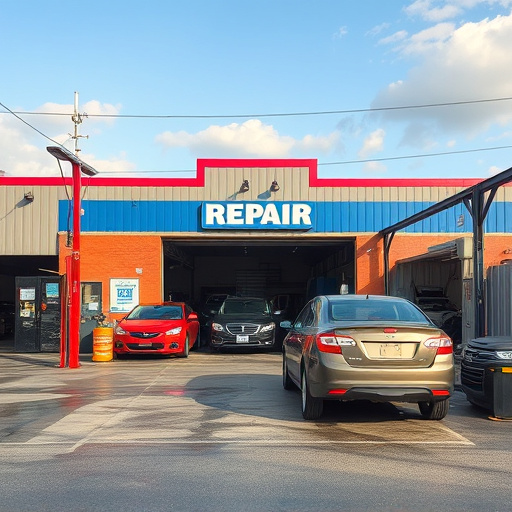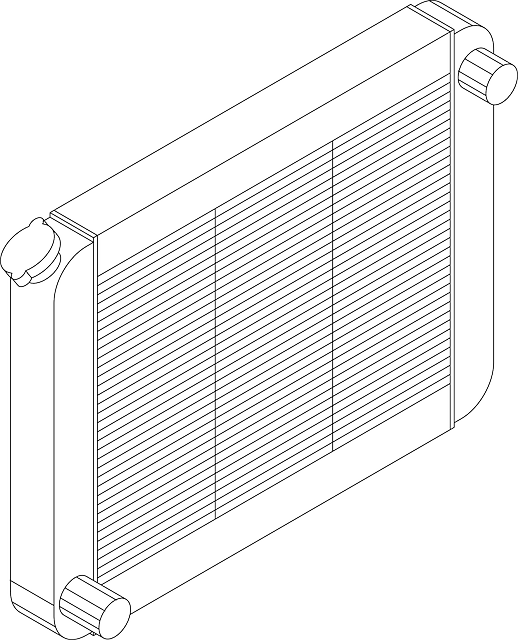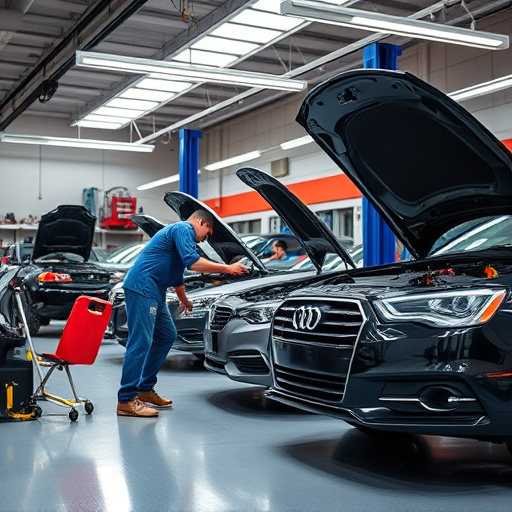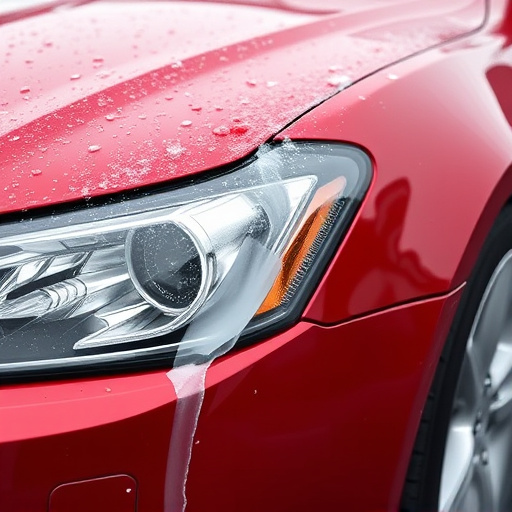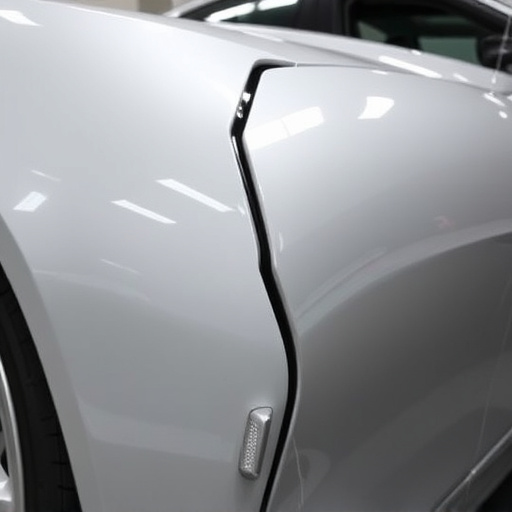A structural repair warranty protects car owners from unexpected costs after collision repairs, but it's not a blanket guarantee. Exclusions include routine maintenance, normal wear, and specific accident types. Voidings may result from neglecting maintenance, missing damage signs, using subpar parts, or non-compliance with manufacturer guidelines. To maintain the warranty, follow recommended schedules, use certified technicians and original equipment parts, and promptly address post-repair issues.
Many vehicle owners are unaware that their structural repair warranties can be easily voided. This comprehensive guide delves into the intricacies of these warranties, revealing what they cover and common pitfalls that could lead to their invalidation. From misinformed decisions to neglectful maintenance, we expose the triggers that nullify your protection. Learn essential tips to safeguard your investment and ensure your structural repair warranty remains intact, offering peace of mind on the road ahead.
- Understanding Structural Repair Warranties: What They Cover and What They Don't
- Common Void Triggers: Missteps and Neglect That Can Nullify Your Warranty
- Protecting Your Investment: Tips to Ensure Your Structural Repair Warranty Remains Valid
Understanding Structural Repair Warranties: What They Cover and What They Don't
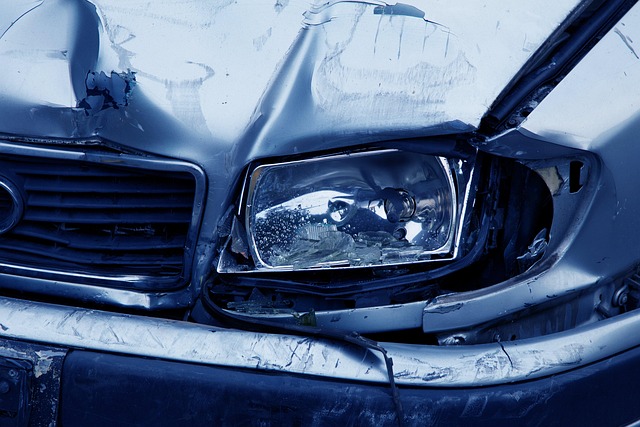
Structural repair warranties are designed to protect car owners from unexpected costs after major structural damage has been repaired at a collision repair shop. These warranties ensure that if a pre-existing issue resurfaces or new problems develop as a result of the initial fix, the vehicle’s owner won’t be left with a hefty bill. However, understanding what these warranties cover and what they don’t is crucial before you agree to any auto collision repair work.
While structural repair warranties often promise coverage for issues like misaligned frames, weakened body panels, or faulty repairs that lead to further damage, they typically exclude routine maintenance, normal wear and tear, and certain types of accidents like gradual rust damage or minor fender benders. Additionally, these warranties usually come with specific terms and conditions, such as requiring regular inspections and following the collision repair shop’s recommended repair procedures. Ignoring these guidelines could void your warranty, leaving you responsible for future repairs on your vehicle dent repair.
Common Void Triggers: Missteps and Neglect That Can Nullify Your Warranty

Many vehicle owners believe that once they’ve had structural repairs carried out by reputable collision repair services, their cars are safe from further issues for a set period. However, there are several common void triggers that can nullify your structural repair warranty if you’re not careful. Neglecting regular maintenance checks is one such mistake; missing even the smallest signs of damage or wear and tear could lead to more significant problems down the line.
Another frequent cause of voided warranties is missteps during the initial repair process. Using subpar parts, failing to properly seal or paint over repairs, or not adhering to manufacturer guidelines can all compromise the integrity of the structural repairs. Additionally, attempting DIY repairs or using uncertified mechanics could also void your warranty, as these practices may not meet the required standards set by the vehicle manufacturer.
Protecting Your Investment: Tips to Ensure Your Structural Repair Warranty Remains Valid

Protecting your investment is crucial when it comes to ensuring the longevity and reliability of your vehicle’s structural integrity. A structural repair warranty is a safety net that offers peace of mind, assuring car owners that their vehicle’s framework is secure after any necessary repairs. However, voiding this warranty can be an easy mistake to make, often due to unforeseen circumstances or lack of awareness.
To maintain the validity of your structural repair warranty, it’s essential to follow the guidance provided by reputable collision repair centers and car bodywork services. This includes adhering to recommended maintenance schedules, ensuring all repairs are performed by certified technicians using original equipment parts, and promptly addressing any issues that may arise post-repair. By doing so, you safeguard your investment, ensuring your vehicle remains in optimal condition, and preventing unexpected voids in your structural repair warranty.
A structural repair warranty is a valuable safety net for your vehicle’s integrity, but it’s crucial to understand its limitations. By avoiding common pitfalls like incorrect repairs, lack of regular maintenance, and unauthorized service centers, you can ensure your warranty remains valid, safeguarding you from unexpected costs and protecting your investment. Remember, staying informed and adhering to the terms is key to reaping the benefits of a structural repair warranty.
